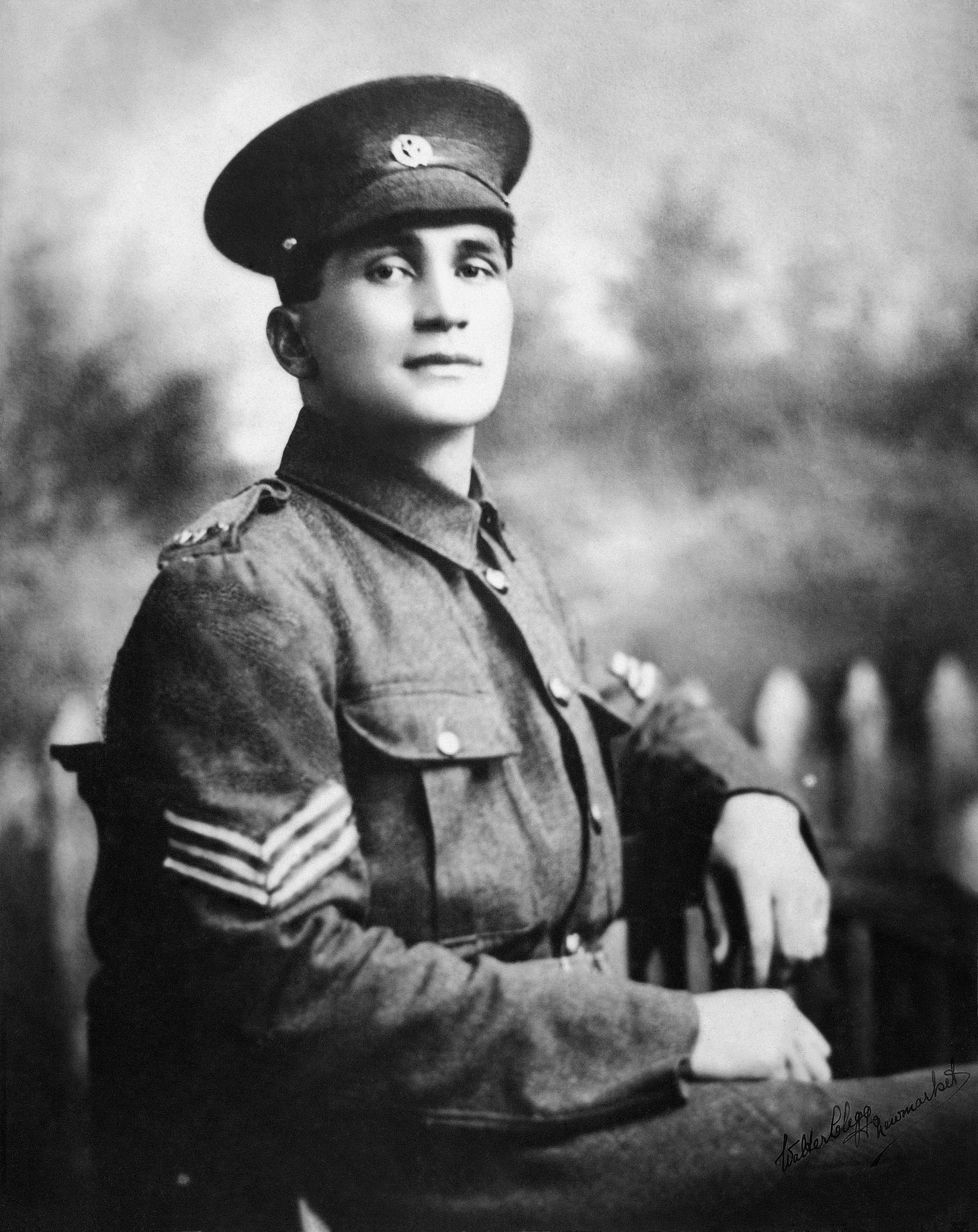❤️🤍🖤 Ko Te Reo te waharoa ki te ao Māori
The Māori language is the gateway to the Māori world.
This week – Te Wiki o Te Reo Māori – marks one year since my twin boys started at kōhanga reo. Over the last 12 months the access they’ve had to te reo Māori has had a profound impact on them.
Kia ora e te whānau. Ko Simon Day taku ingoa. He uri ahau ki Ngāti Hikairo. Ko au te kaiarataki o Re: News.
My great grandfather Tom French was the last person in our whānau to have te reo Māori as a natural part of his life. There’s a story set in the years after he’d moved his family to Tāmaki Makaurau, it goes a little something like this: walking down Queen St with my grandfather who was about ten years old they bumped into one of my great grandfather’s old Māori mates – maybe from Kawhia, maybe from the war. The pair broke into conversation in te reo Māori and this was the first time his son learned that his father spoke another language.
My twin boys are going to be the first generation since my great grandfather to grow up with their reo. And as they reclaim their reo Māori they’re driving our whole whānau forward in our journey into our Māoritanga and our whakapapa.
Last week I watched my three-year-old son lead his class at kōhanga reo in karakia before they ate lunch. He stood up behind his tiny tūru and knocked twice on the desk to get the attention of the atua. “Me inoi tātou” he signalled to the group and then proceeded to deliver a long, flawless karakia by memory.
The rare opportunity they have to spend every day immersed in te reo Māori me ona tikanga has already changed how they understand the world. And the impact kōhanga is having on them is changing our whole whānau.
Despite our ongoing efforts to learn Māori, our home is still an English language space for them and they speak mostly reo Pākehā with us.
Kōhanga is their Māori space. They use kupu and phrases I never hear at home. They engage in conversation with their kaimahi at a level far beyond my ability. Their young brains absorb knowledge so much faster than my tired mind and they have quickly become the ones leading and teaching us.
More and more of kōhanga is finding its way back into our home and becoming a part of our lives. They make us take off our shoes to come inside and they correct our pronunciation of Māori kupu.
We catch them singing waiata Māori in quiet moments on their own and last week they chased each other around the house doing pukana.
We're incredibly lucky to have access to Kōhanga Reo. The numbers of kōhanga have declined from their peak of more than 800 in the early 90s to around 460 today. There are hundreds of whānau on the waiting lists of kōhanga around Aotearoa. There is a huge demand for te reo Māori speaking staff. This year I’ve taken over as the tiamana of the whānau komiti and I’ve seen close up how much work goes into this kaupapa.
I can see the boys drawing strength and understanding from the identity they’re finding through the kōhanga. And it’s not just anecdotal – research shows access to quality, immersion Māori early childhood education can have a huge positive influence on the development of our tamariki. Give them te reo Māori and you give them access to stand confidently in who they are.
As I watch that confidence develop in them, I can see it happening (albeit at a much more laborious rate) for me too.
Ko Te Reo te waharoa ki te ao Māori. The Māori language is the gateway to the Māori world. The more te reo I learn and the more depth I add to my understanding, the more I can grasp its insight into the beautiful way the Māori world works.
This week I had a spiritual breakthrough in one of my lessons when I was able to piece together the connection between the word aroha (aro (to pay attention) + ha (breath)) with the pūrakau of the creation of the first human Hineahuone, why we hongi, and the how the breath is the action the binds us together in te ao marama. It felt like I’d taken a drug.
===
This week also marks a year in my role as Head of Re: News.
Over the last 12 months I’ve been in constant awe of the commitment this little group has to the Re: News kaupapa. They genuinely believe in the power of storytelling to be a force for social connection. They care so much about the people who give us the privilege of telling their stories and they’re deeply invested in creating content that reflects the lives of rangatahi in Aotearoa. I feel very lucky to have the opportunity to work with them every day.
Thank you for joining us on the ride, we’re grateful for your support.





